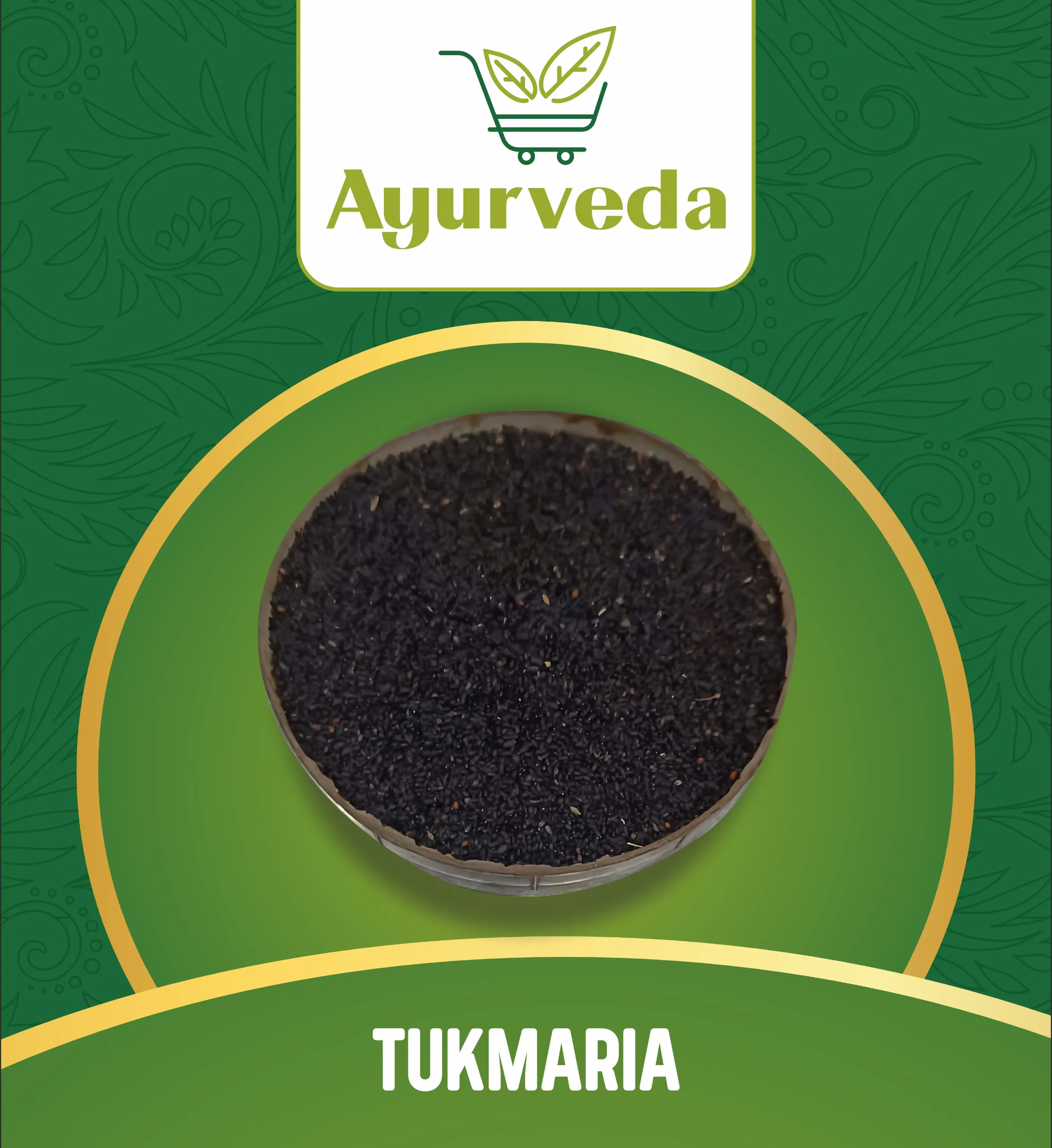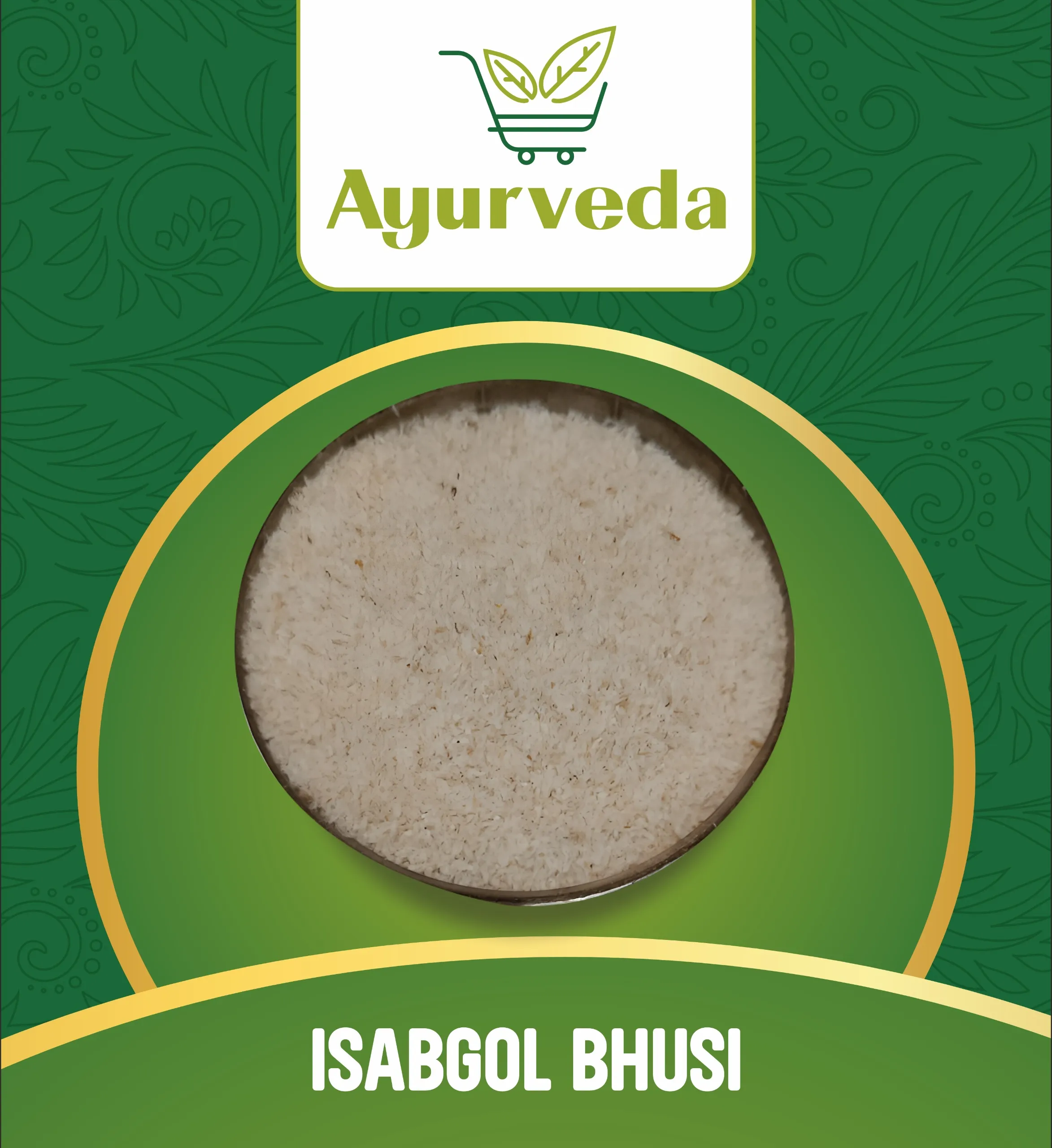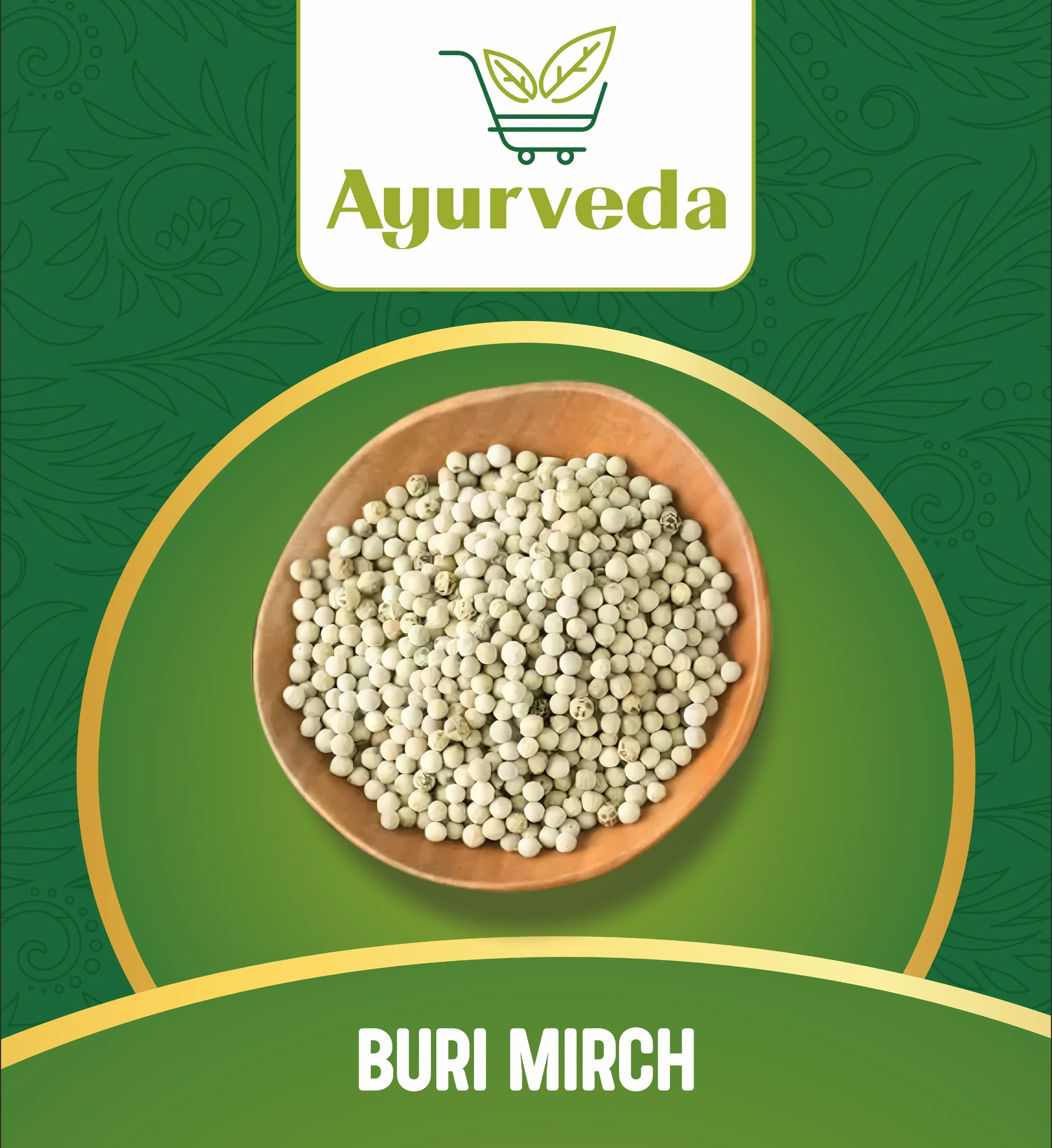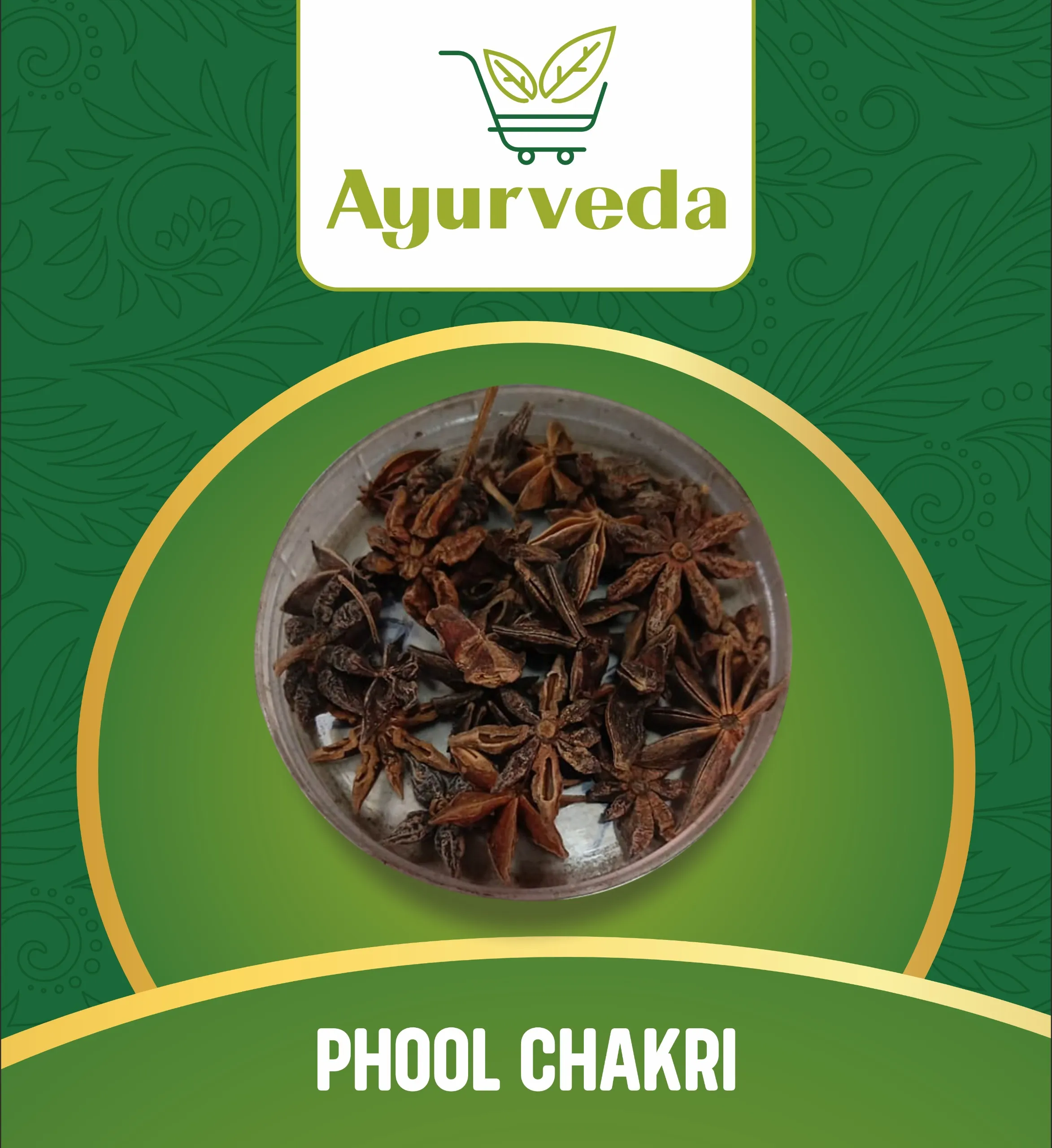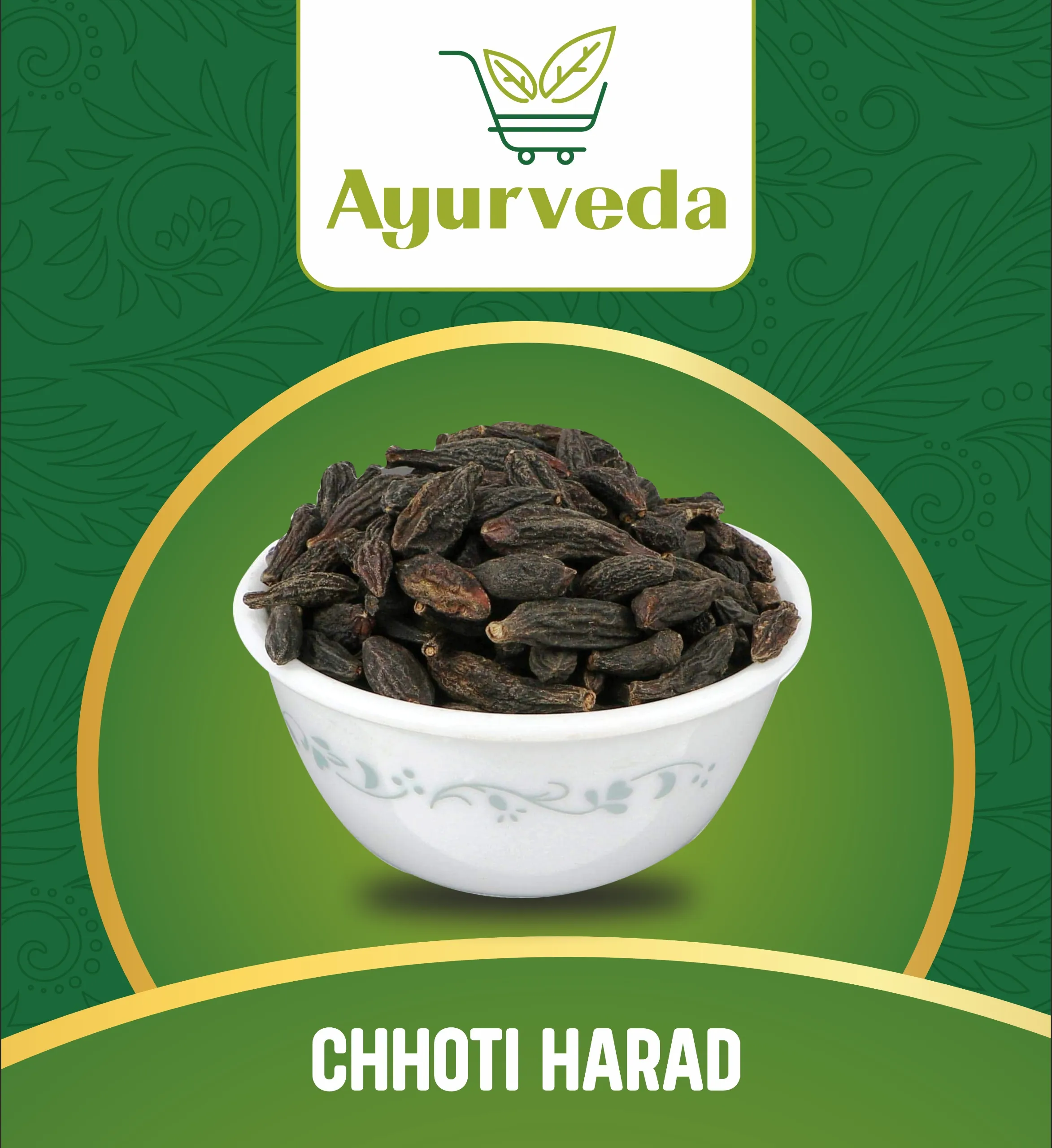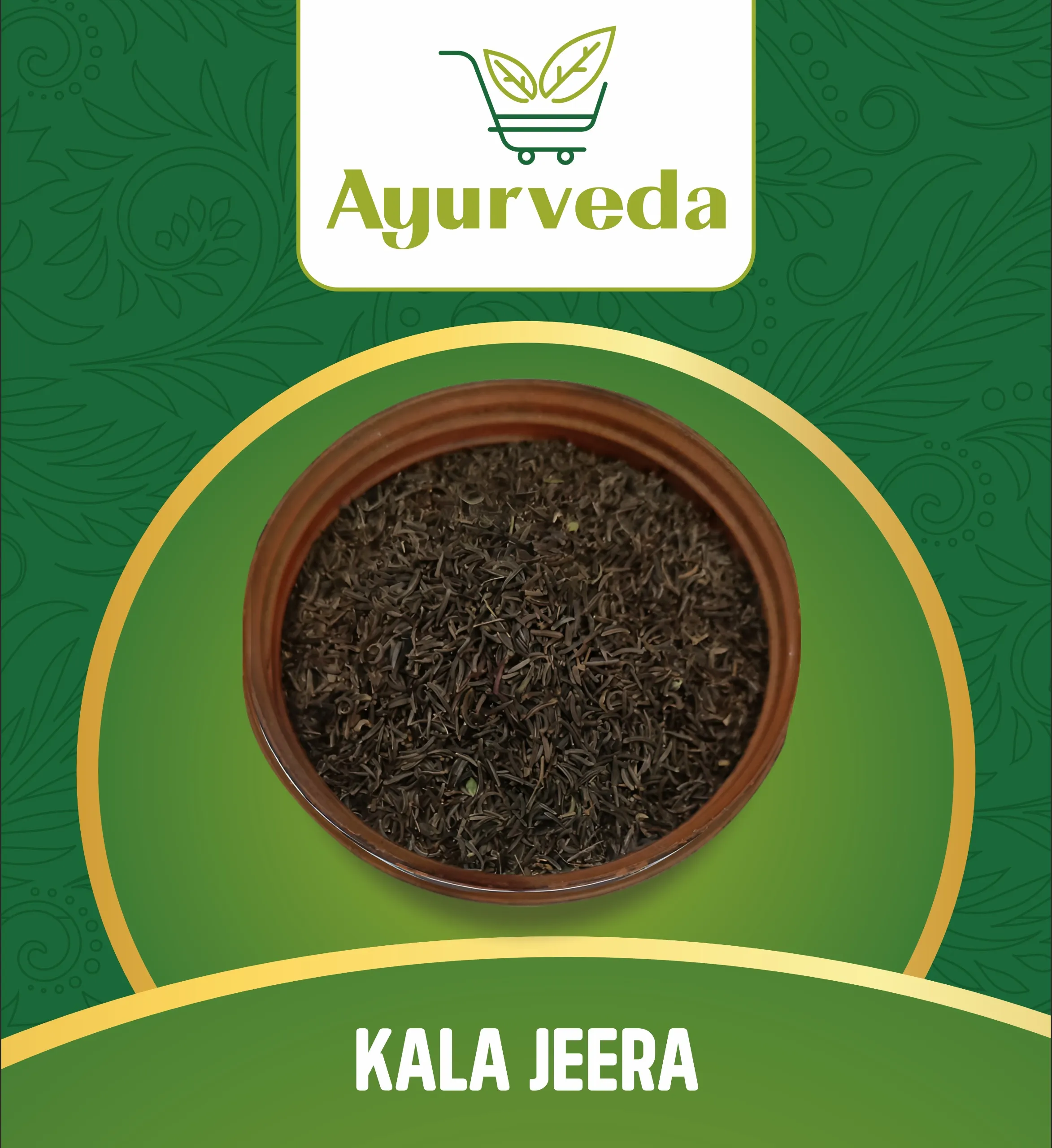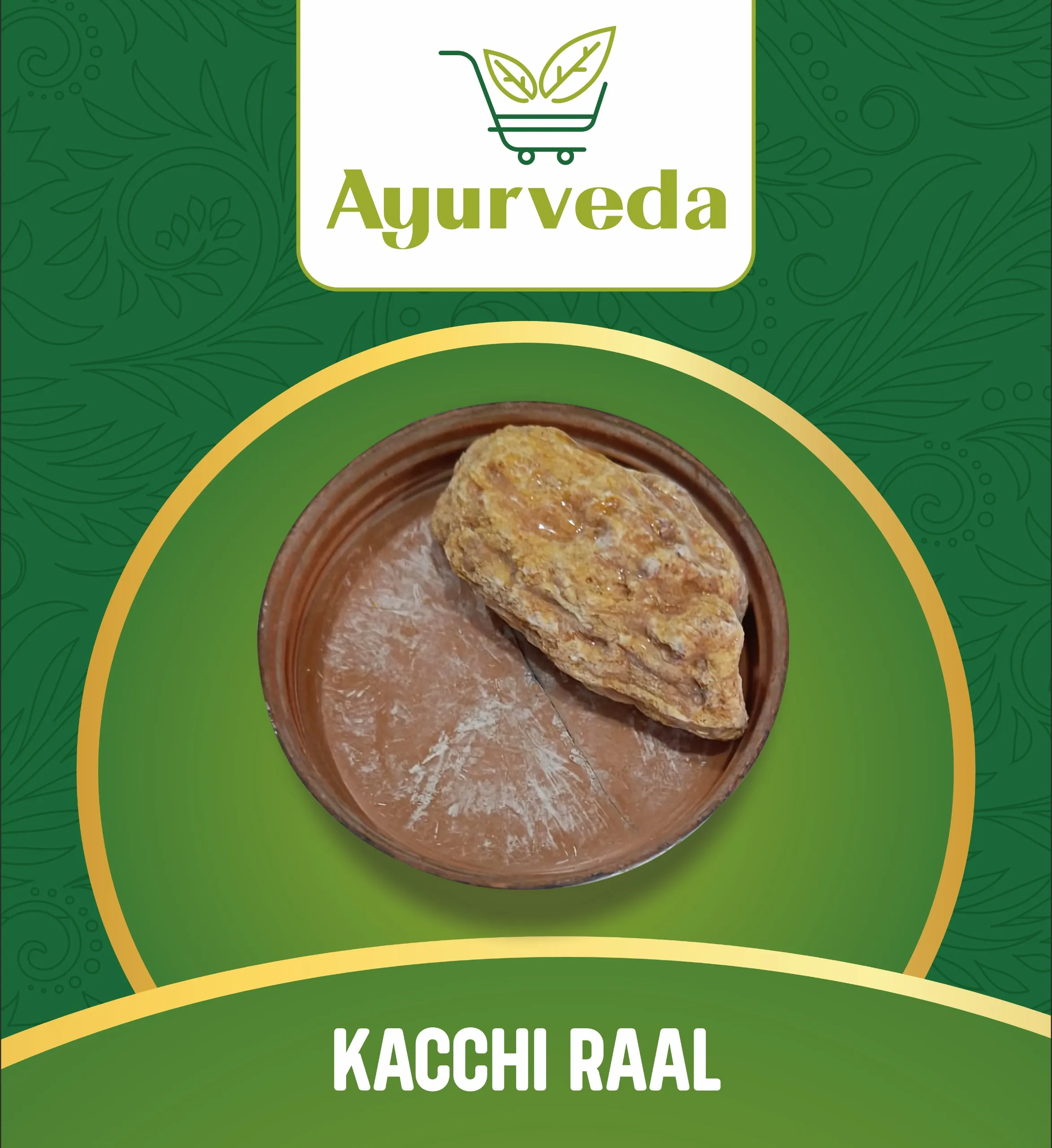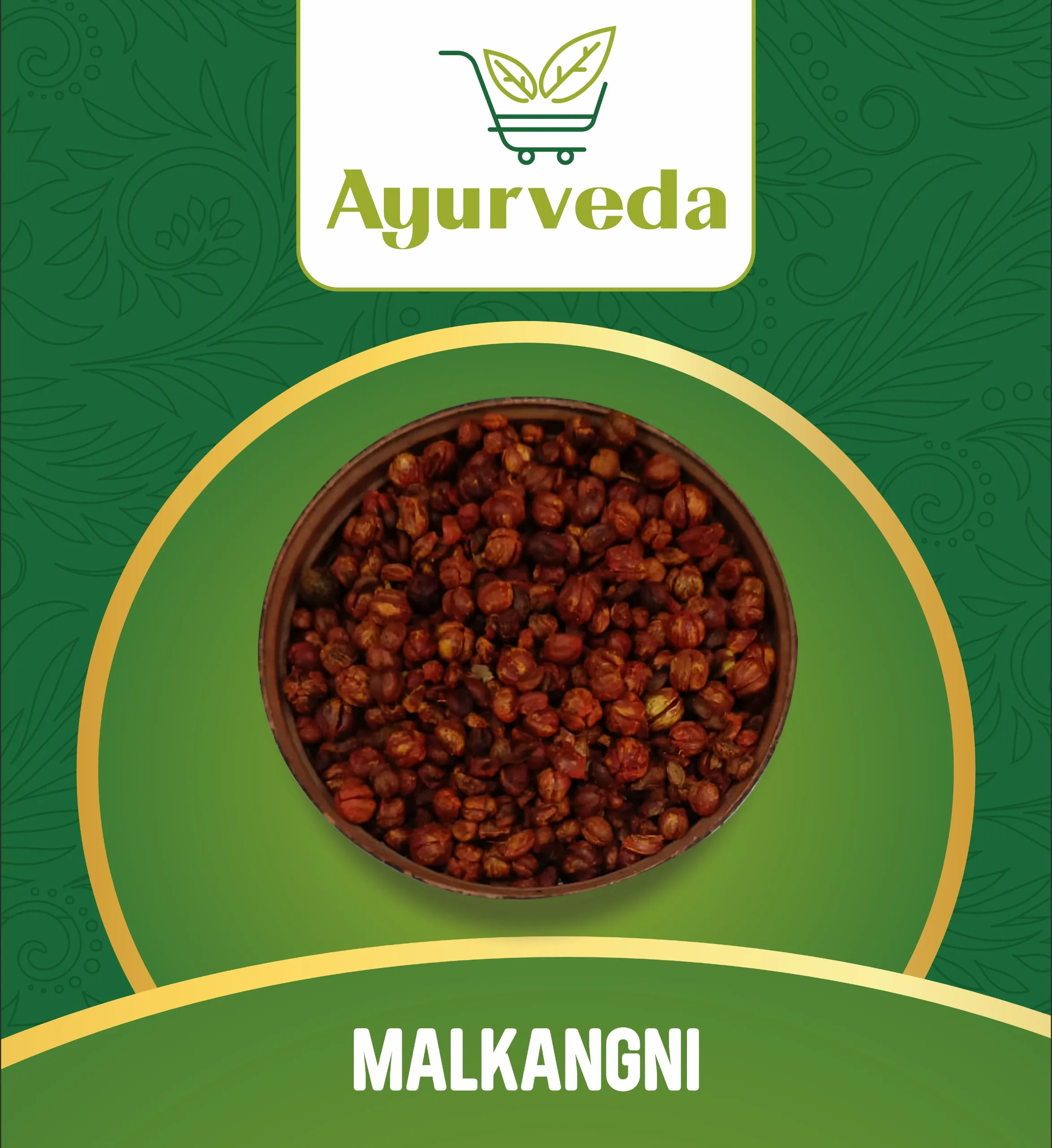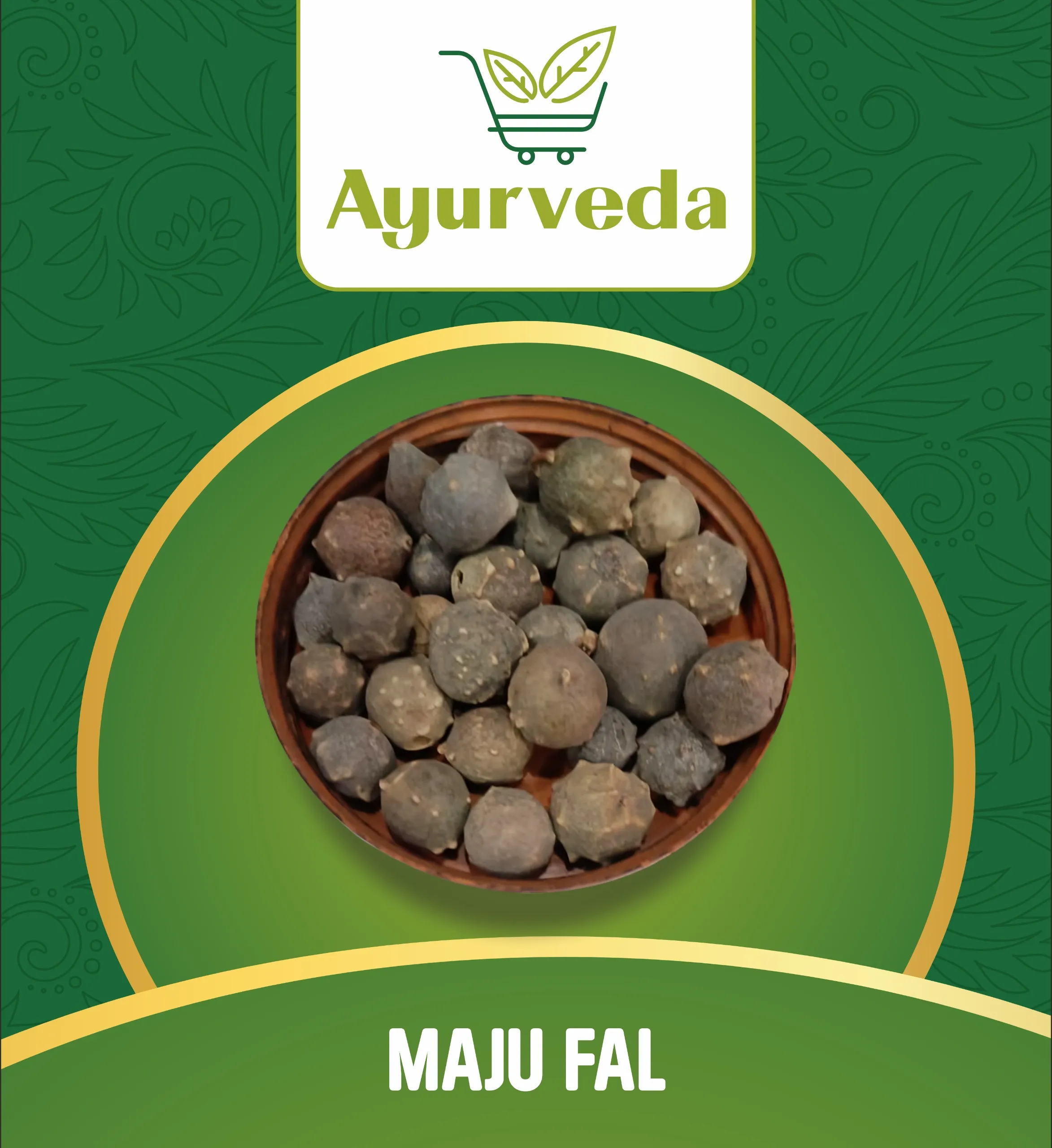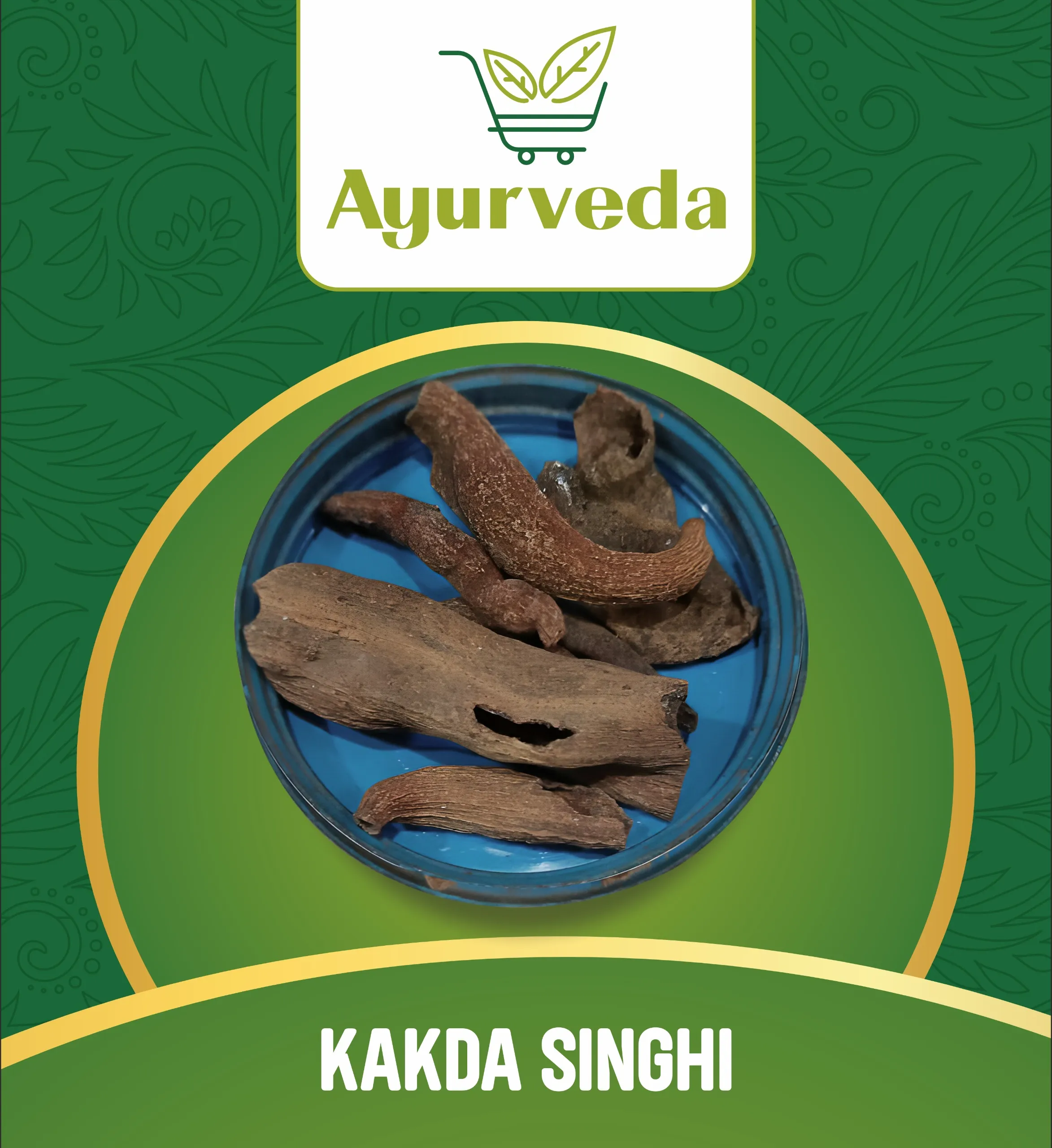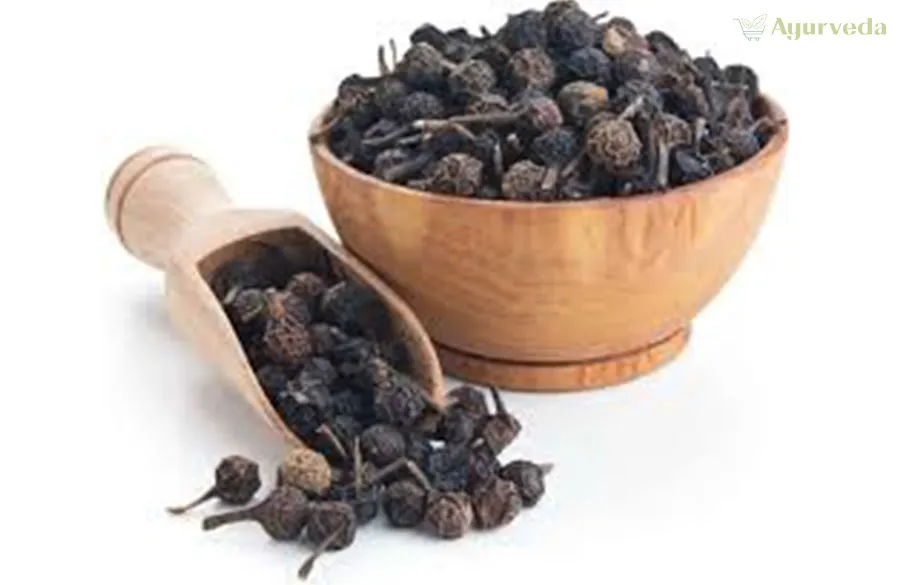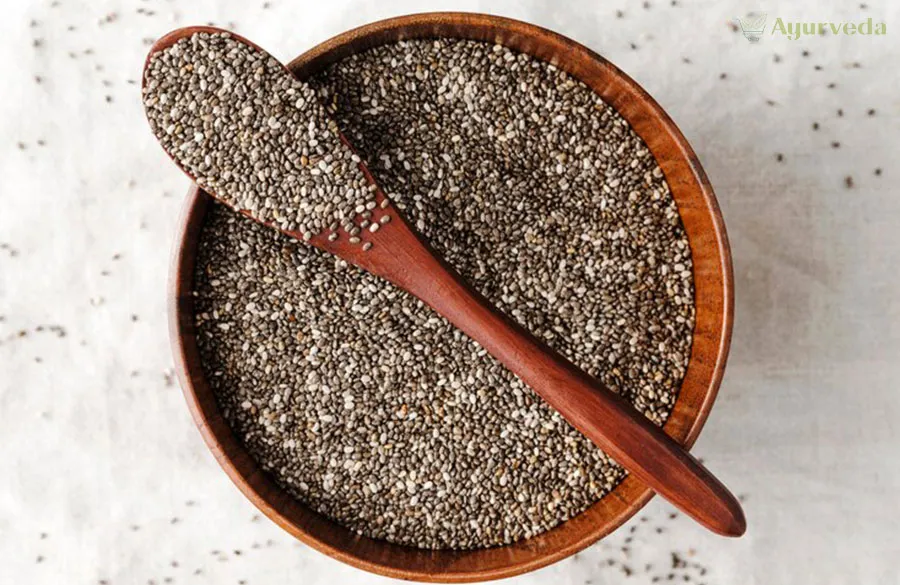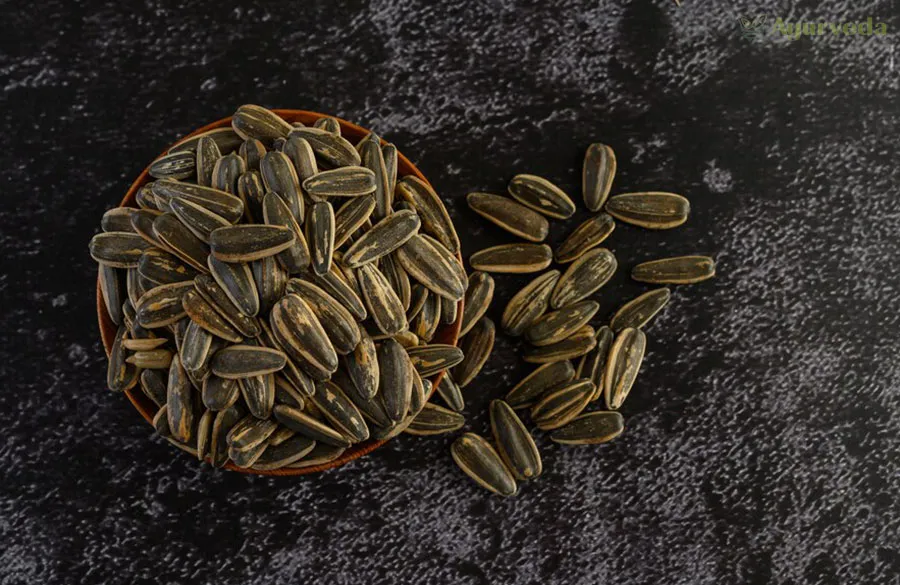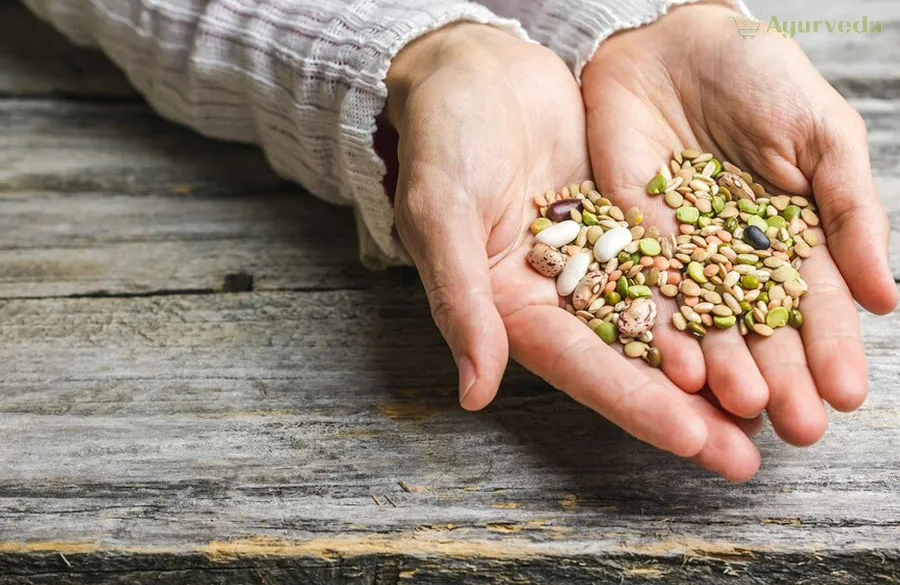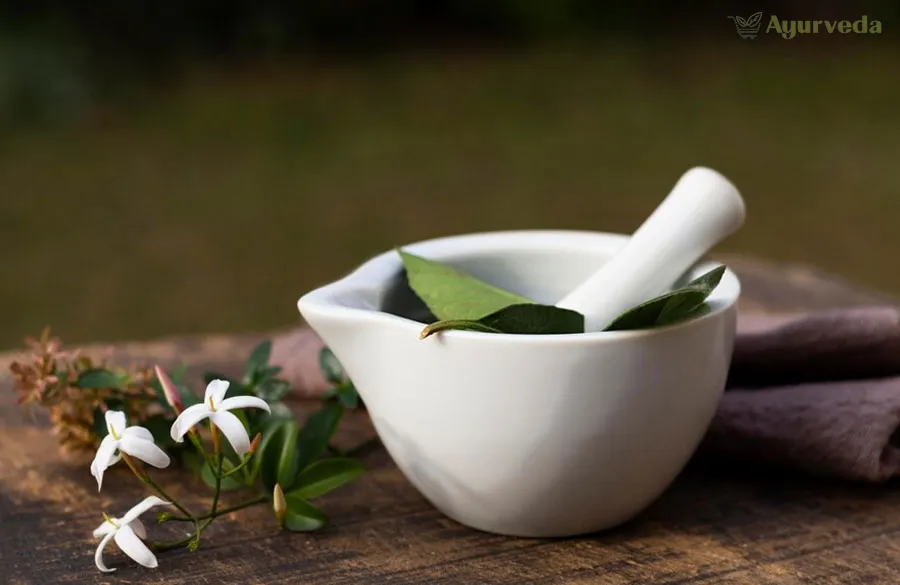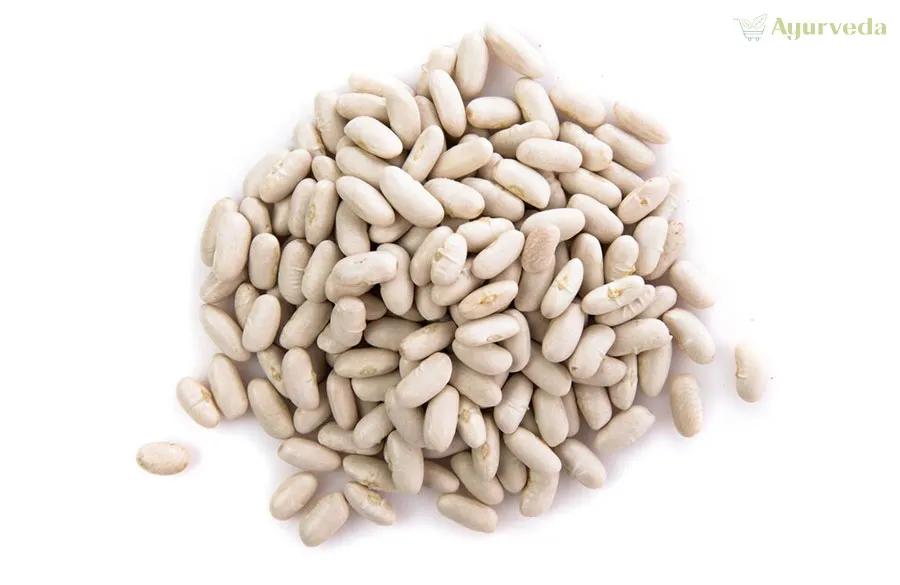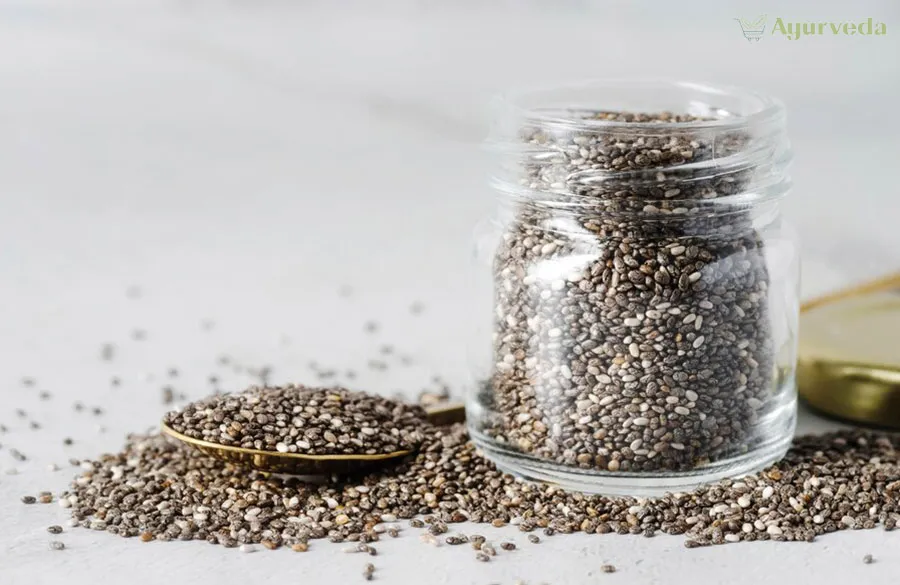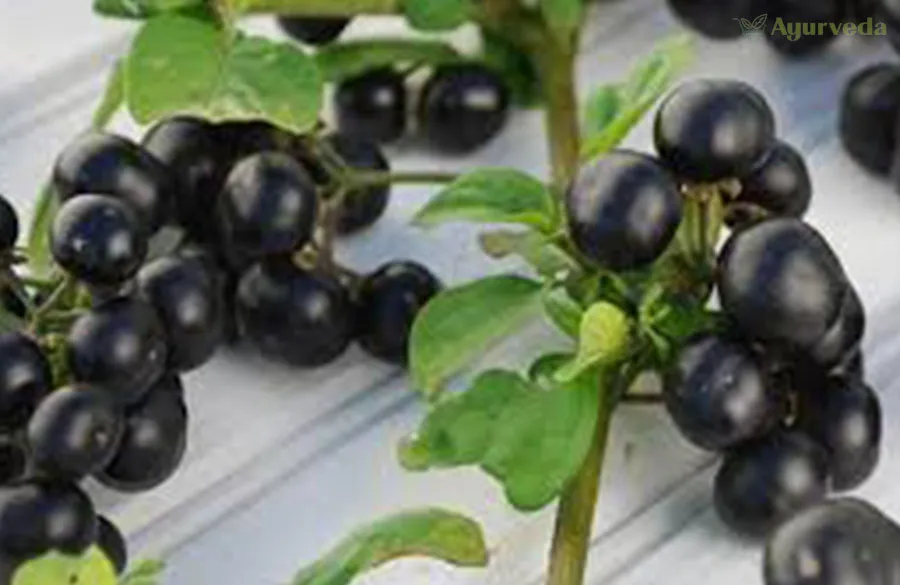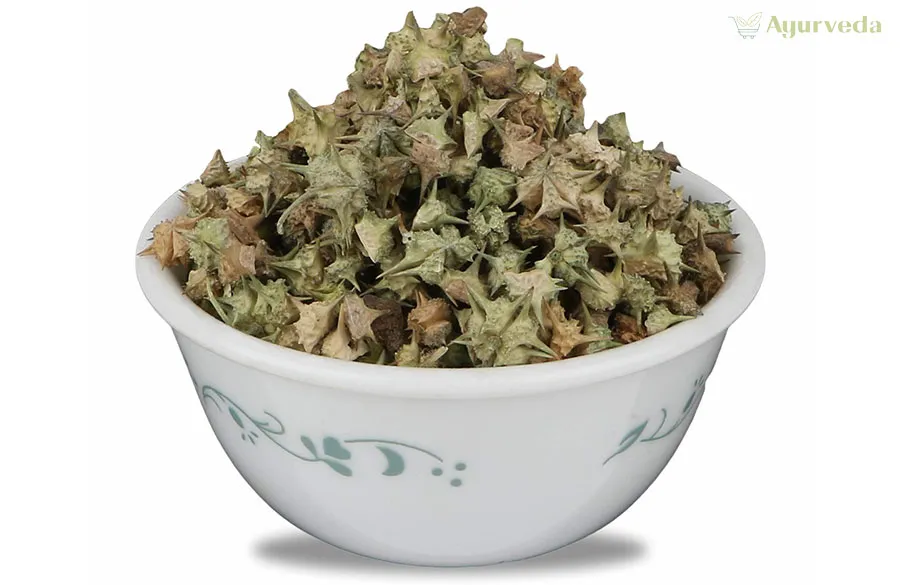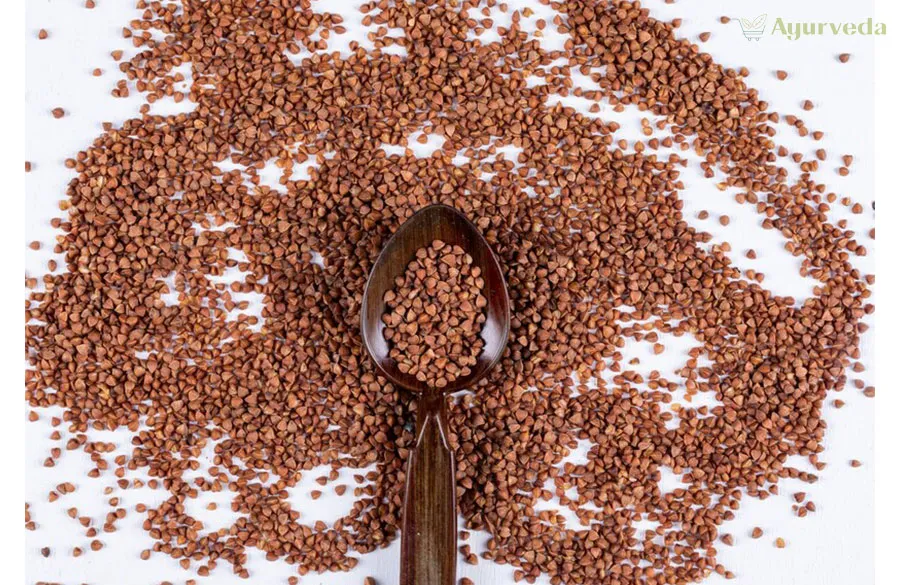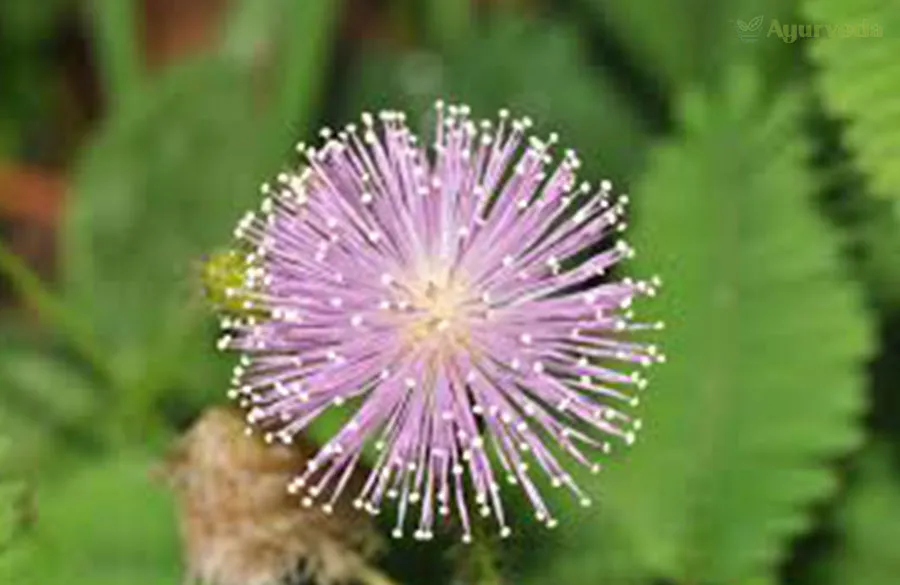
Exploring the Wonders of Lajwanti Seeds: Nature's Hidden Gem
- 13 May, 2024
Lajwanti, scientifically known as Mimosa pudica, is a creeping annual or perennial herb native to South America, Asia, and Africa. Despite its diminutive appearance, this plant harbors a wealth of therapeutic compounds within its seeds, which have been used in traditional medicine systems like Ayurveda and traditional Chinese medicine for generations.
One of the most remarkable qualities of Lajwanti seeds is their ability to exhibit "shy" or "sleep" movements in response to touch or stimulation. This unique phenomenon, known as thigmonasty, has earned the plant the colloquial name "touch-me-not." While this trait is fascinating in itself, it is the medicinal properties of the seeds that truly make them stand out.
Lajwanti seeds are rich in bioactive compounds such as alkaloids, flavonoids, tannins, and saponins, which contribute to their diverse range of health benefits. Let's delve into some of the key therapeutic properties associated with these seeds:
1. Anti-inflammatory:
Lajwanti seeds possess potent anti-inflammatory properties, making them valuable for alleviating inflammation and associated conditions such as arthritis, joint pain, and inflammatory skin disorders.
2. Antioxidant:
The seeds are rich in antioxidants, which help neutralize harmful free radicals in the body, protecting cells from oxidative damage and reducing the risk of chronic diseases.
3. Antimicrobial:
Lajwanti seeds exhibit antimicrobial activity against a variety of pathogens, including bacteria, viruses, and fungi. This makes them useful for supporting immune health and fighting infections.
4. Digestive Support:
In traditional medicine, Lajwanti seeds are used to promote digestive health by soothing the digestive tract, relieving gastrointestinal discomfort, and supporting healthy bowel function.
5. Antidiarrheal:
The seeds are known for their antidiarrheal properties, helping to alleviate diarrhea and other gastrointestinal disturbances by reducing intestinal motility and inflammation.
6. Wound Healing:
Lajwanti seeds may aid in wound healing due to their anti-inflammatory and antimicrobial properties. They help reduce inflammation, prevent infection, and promote the formation of healthy tissue.
7. Nervine Tonic:
In Ayurveda, Lajwanti seeds are considered a nervine tonic, which means they support nervous system function, improve cognitive health, and may help alleviate stress and anxiety.
While Lajwanti seeds offer a plethora of health benefits, it's essential to use them responsibly and under the guidance of a qualified healthcare practitioner, especially if you have underlying health conditions or are pregnant or breastfeeding.




